Hybrid vehicle unveiled at RWM and Letsrecycle Live
Organics specialist Keenan Recycling unveiled “a first-of-its-kind” hybrid vehicle at RWM and Letsrecycle Live last week.
The vehicle replaces diesel fuel with a blend of hydrotreated vegetable oil and hydrogen gas, which the company said results in 98% reduction in carbon emissions.
Keenan Recycling plans to use the vehicle to collect food waste before treating it through anaerobic digestion plants.
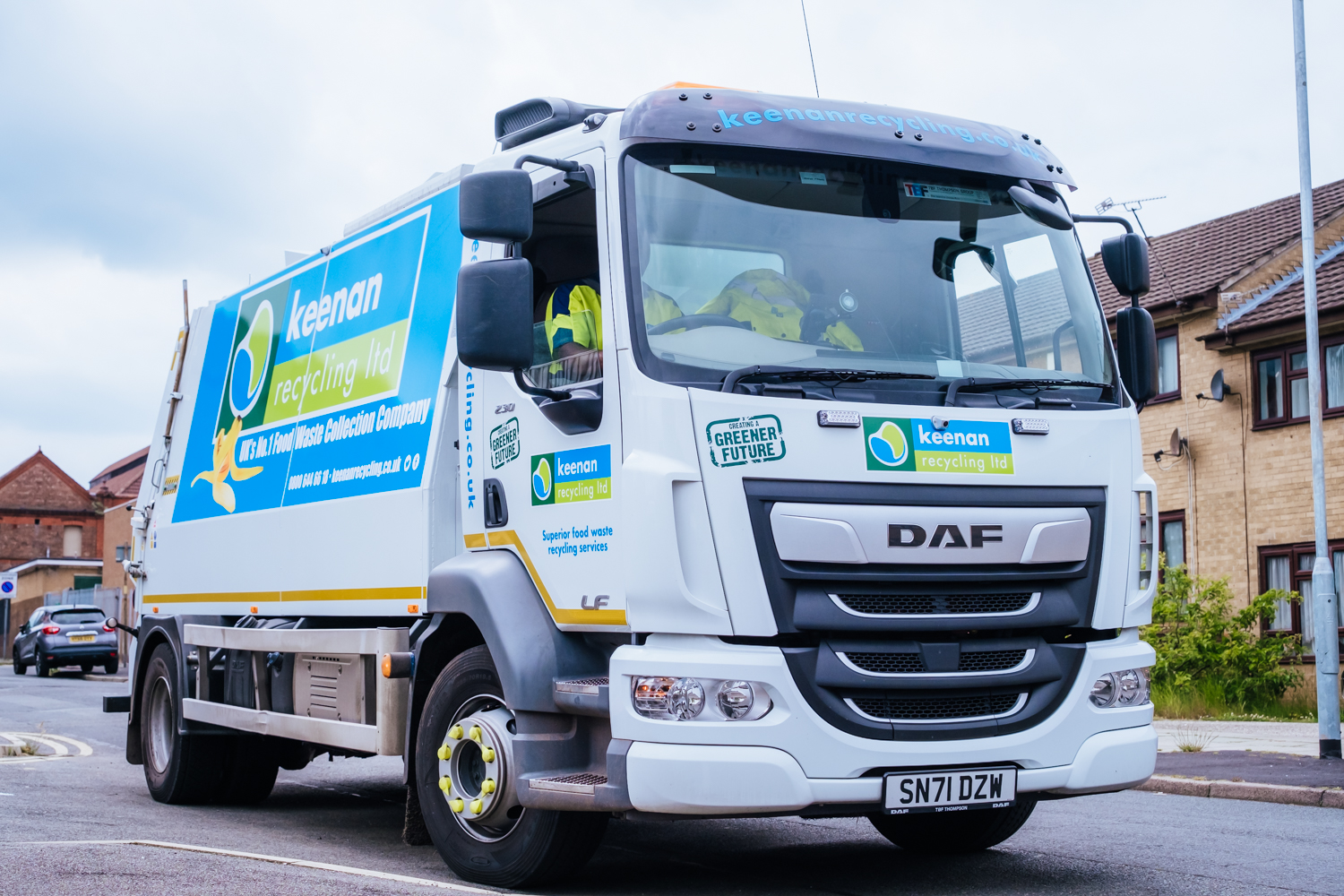
The vehicle will initially run on a trial basis in Aberdeen, the company continued. It is said to be the first step in a series of actions in Keenan’s transition to net zero. The business aims to decarbonise primarily through the use of low carbon fuels within its transport fleet, “with the ultimate goal of a fully net zero fleet”.
Grant Keenan, managing director at Keenan Recycling, said: “We’ve experienced one of the hottest summers ever this year in the UK and it has been a stark reminder that we all need to come together and take action against climate change.”
Hydrogen-fuelled RCV arrives in St Helens
FAUN Zoeller UK has announced that the “UK’s first custom-built, hydrogen-fuelled refuse collection vehicle” arrived in St Helens borough this week, ready for integration into the council’s fleet.
The council’s investment forms part of its wider fleet and operational modernisation, and its commitment to reach net zero by 2040.
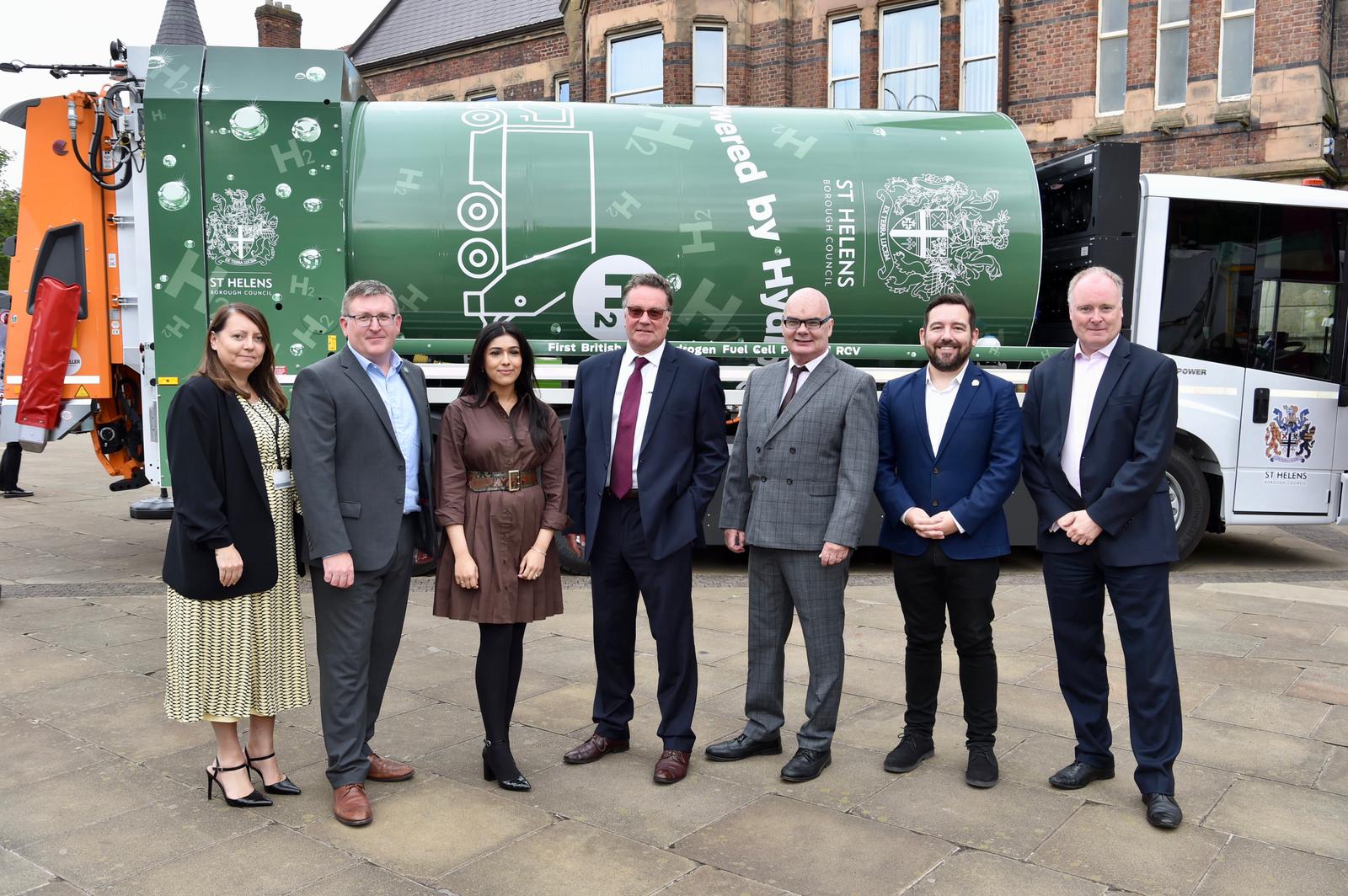
The FAUN Zoeller Bluepower is a hydrogen-electric hybrid vehicle that uses an electric motor for drive and a hydrogen fuel cell to charge the battery while the vehicle is operating, meaning there are “zero carbon emissions while in operation”.
The vehicle appeared in St Helens for the first time yesterday (21 September), with its first collection rounds planned in the coming weeks.
The vehicle has been piloted in Germany over the past two years and is said to be quieter than traditional diesel vehicles.
Simon Hyde, chief exeuctive of FAUN Zoeller UK, commented: “It’s great to be working in partnership with St Helens borough council. To see a local authority willing to invest and act for the future is vital in supporting sustainability and climate change. We look forward to supporting them on this continued journey and helping them achieve net-zero carbon emissions by 2040.”
Recycling Lives receives all-electric skip trucks
Recycling Lives has announced the arrival of the “UK’s first all-electric skip transporter trucks” at its 15-acre recycling park in Preston.
The two 19-tonne E-Tech DZE trucks were designed and developed in collaboration with Renault Trucks and are a first step towards decarbonisation of the company’s entire fleet.
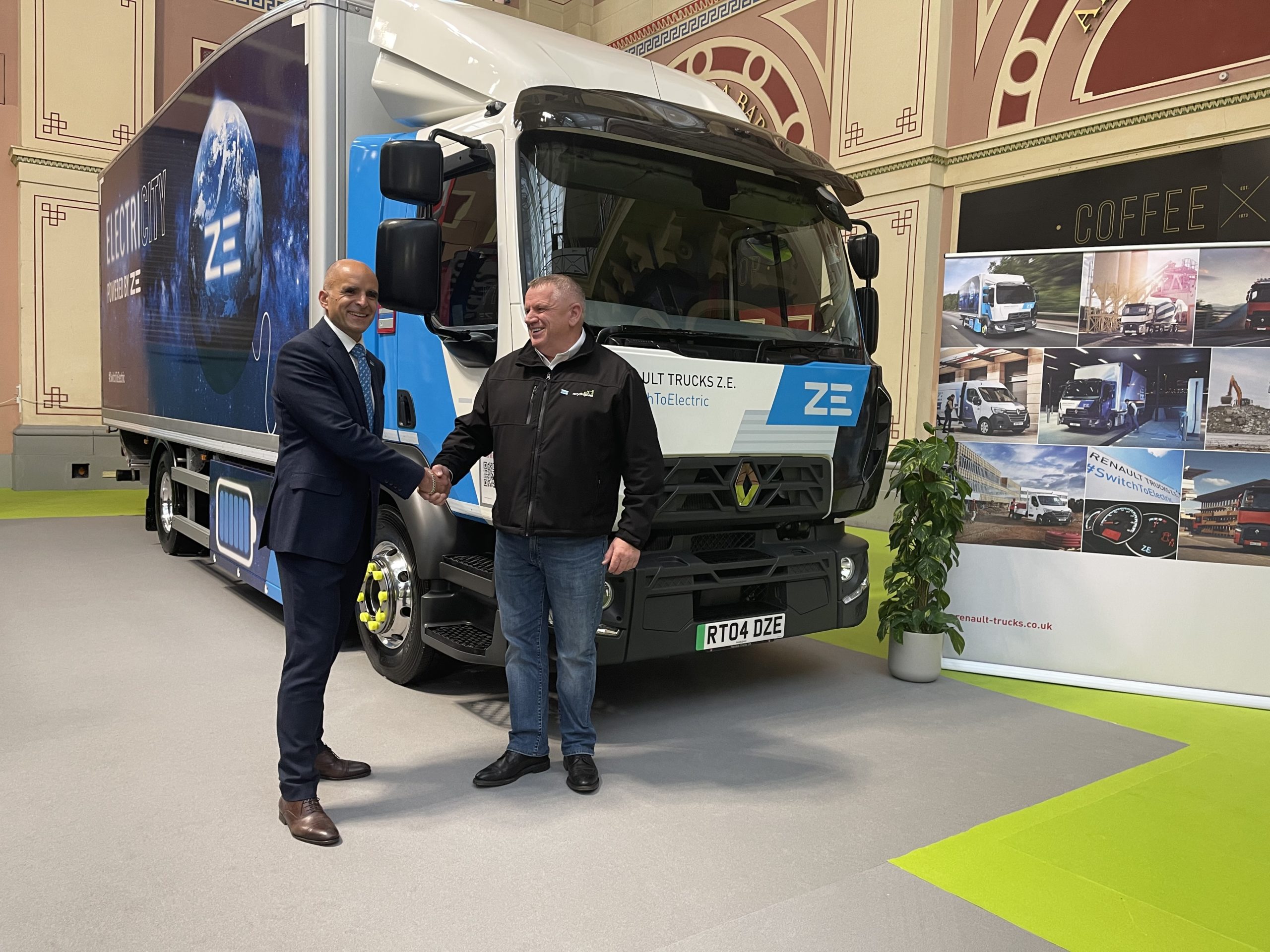
The first truck is on site now and the next is due in October.
The company explained they are to be used in daily operations, servicing commercial and household clients. The trucks have capacity to complete a full day’s work on a single charge with zero tailpipe emissions and low traffic noise.
Powered by a 265kWh battery, each truck is equipped with a 22kW on board AC charger and is compatible with DC fast charging up to 150kW, with a guarantee of battery operation for up to seven years.
Gerry Marshall, chief executive of Recycling Lives, commented: “As part of our decarbonisation strategy, we are looking to further reduce our carbon footprint by using more sustainable fuel solutions, including for example, green hydrogen which is part of our energy from waste project.”
J&B Recycling invests over £150,000 in electric vehicles
Hartlepool-based J&B Recycling has invested over £150,000 in electric vehicles over the last year in a bid to make its operations more sustainable.
The company explained that it has invested in its operations to ensure efficient recycling processes over the last decade and is now turning its focus to fleet decarbonisation.
Vikki Jackson-Smith, managing director, said: “We understand the importance of working sustainably to help tackle global challenges like climate change, biodiversity loss, waste, and pollution and we are taking a long hard look at all our internal operations to make sure we are leading the way in our approach.”
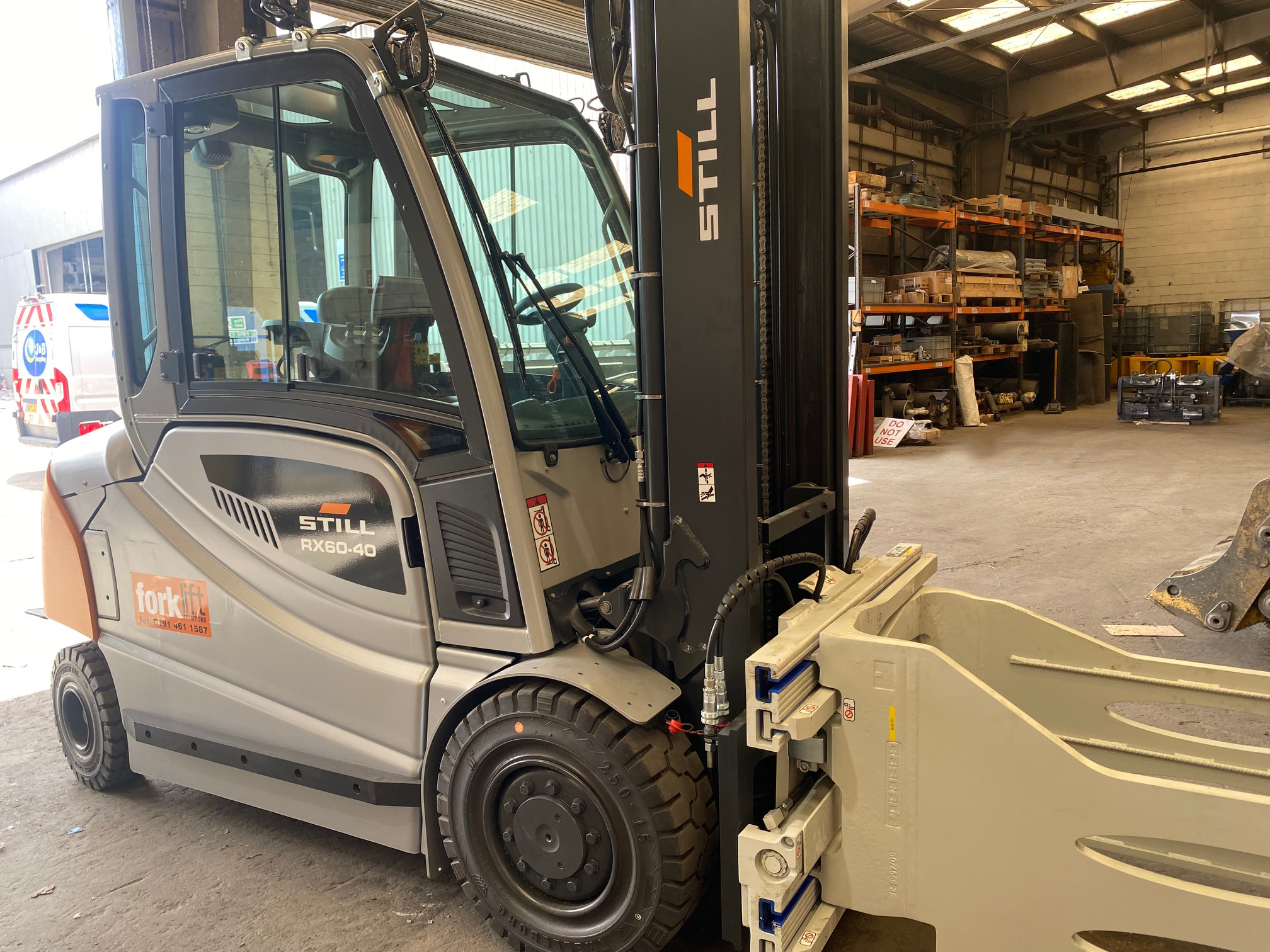
She continued that J&B were operating 24 road vehicles and 16 mobile plant vehicles on fossil fuels and identified the need to move towards electric commercial vehicles, which the company said can diminish emissions by 50% or more.
Matthew Tyrie, operations director, added: “We trialled our first electric forklift truck last year to ensure it could work effectively on site. The trial was a great success and we have now purchased two electric forklifts, with a third on its way in the coming weeks.”
Councils trial HVO-powered RCVs
Eight of Greater Cambridge Shared Waste’s refuse collection vehicles (RCVs) have been powered using biofuels in a trial during the past two months.
The waste partnership between South Cambridgeshire district and Cambridge city councils used hydrotreated vegetable oil instead of diesel, saying it will cut its carbon emissions by 90%.
The councils said they are transitioning their fleet of around 50 RCVs to electric and alternative fuel vehicles to reduce carbon emissions. Currently, a significant proportion of the councils’ carbon emissions originate from diesel RCVs.
They explained that two fully electric bin lorries are already being used in the city of Cambridge and South Cambridgeshire and a solar farm is planned at the service depot to be able to charge more of them in future.
Depending on the results of the trial, and once a sustainable fuel source is secured, the councils said they could purchase further vehicles which could be powered by HVO. They added that this would be an interim solution ahead of more electric or hydrogen trucks joining the fleet as and when they become available from manufacturers, and in-line with the depot charging facilities becoming operational.






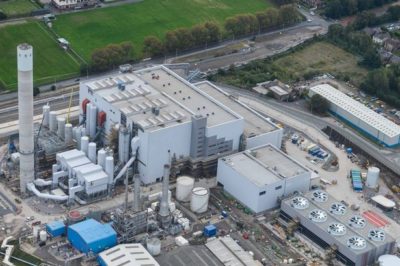
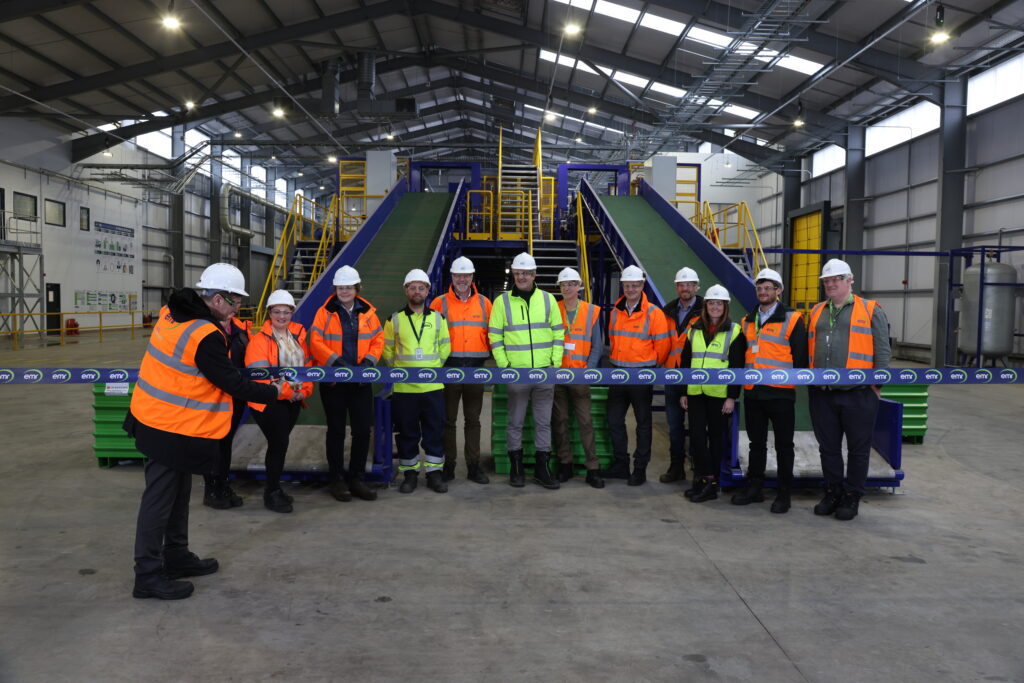
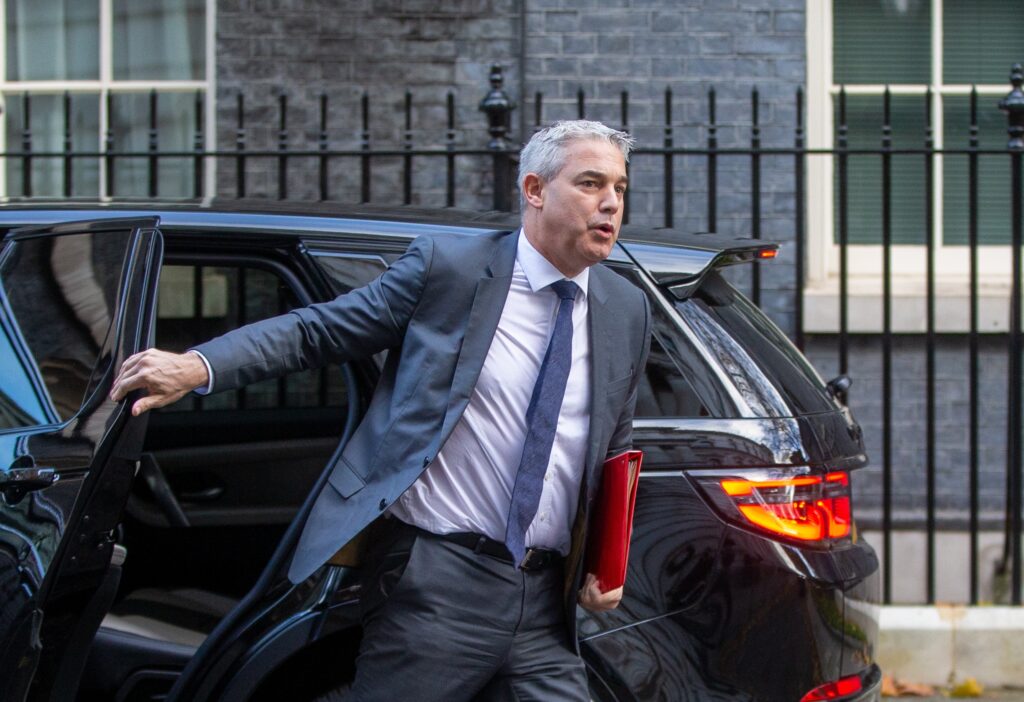


Subscribe for free